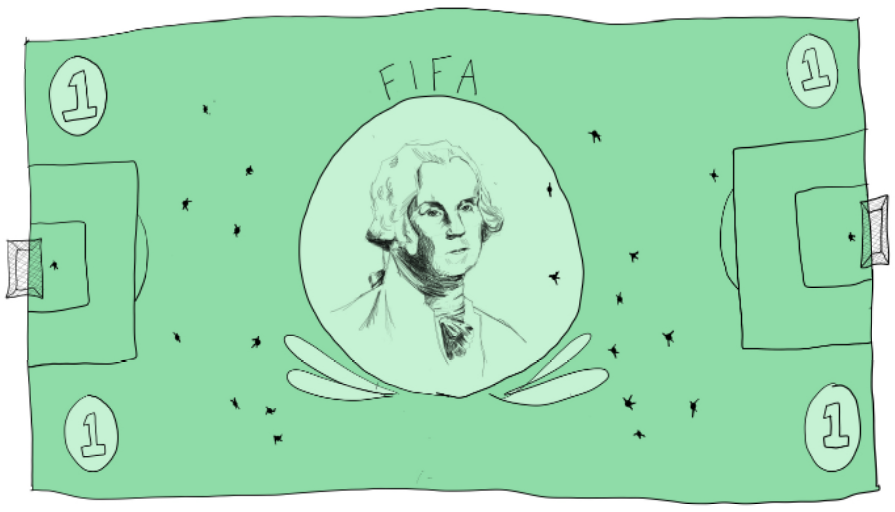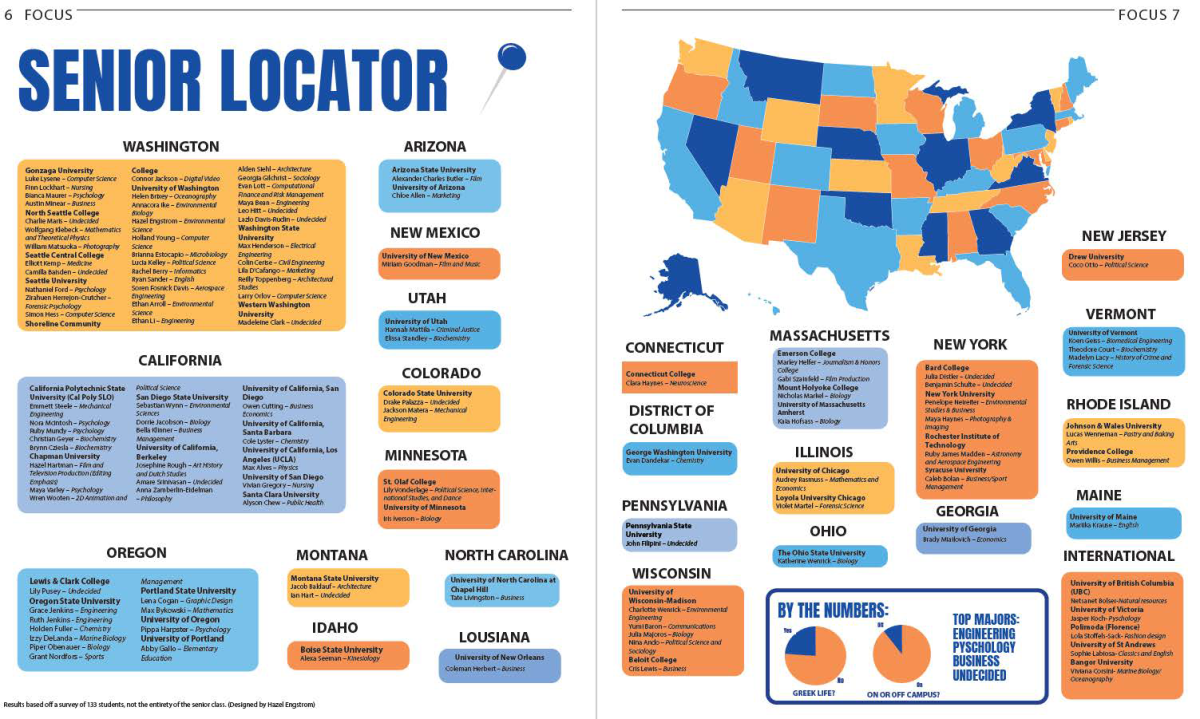FIFA’s greed is ruining soccer
As the 2022 World Cup commences this winter in Qatar, concerns of human rights violations and accusations of corruption loom over the largest sporting event in the world
December 16, 2022
Played by over 20 million people in nearly 140 countries, with billions of fans worldwide, soccer is the most popular sport in the world. From its origin, it’s been a unifying force for competition and comradery, adapted by players all over the world into the unique and ever evolving game we watch today. However despite its long and storied history as a sport of the people, the “beautiful game” is no stranger to the infection of capitalism: especially on the world stage.
When Qatar was selected to host the world cup in 2010, criticism was in no short supply. For starters, summer temperatures in the desert state regularly break 100 degrees. This would mean that the matches would be pushed into winter, putting the English, German and Spanish leagues on pause, as players left to represent their respective countries.
Then the matter of the country’s size. Only slightly smaller than Connecticut with a population just shy of three million people, Qatar would have to radically transform its infrastructure in a decade to build stadiums, transit and lodging to accommodate teams and fans from around the world.
However the complaint that FIFA has dodged with shocking nimbleness despite its age (118 years old) and size (weighed down by bribery) is of the slew of human rights violations that the host country has accumulated.
Despite attempts to low-ball numbers to the media, Qatar’s stadium construction has been linked to the deaths of over 6,800 migrant workers, most of whom had little protection due to their precarious financial and immigration status.
These deaths and accompanying violations should have come as no surprise to FIFA, who awarded the cup in 2010, prior to the dismantlement of the Kafala system in Qatar, which legally binds foreign workers, preventing them from changing jobs, or even leaving the country without permission from their employers.
While Qatar did abolish Kafala in 2020, the weak attempt by the host country to wash away the stain of human trafficking and forced labor from their stadiums and venue infrastructure is absurd, considering how they much they profited from the system during the decade prior to its abolishment.
As a longtime fan of the sport, FIFA has gotten countless hours of viewership from me. It’s hard not to buy into the greatest monopoly of the soccer world, intentionally or not. Qatar is not the first, nor will it be the last world cup plagued with misconduct and corruption, it’s simply on a pedestal, its flaws bared to the world, with FIFA on the hotseat – at least until the next one

























